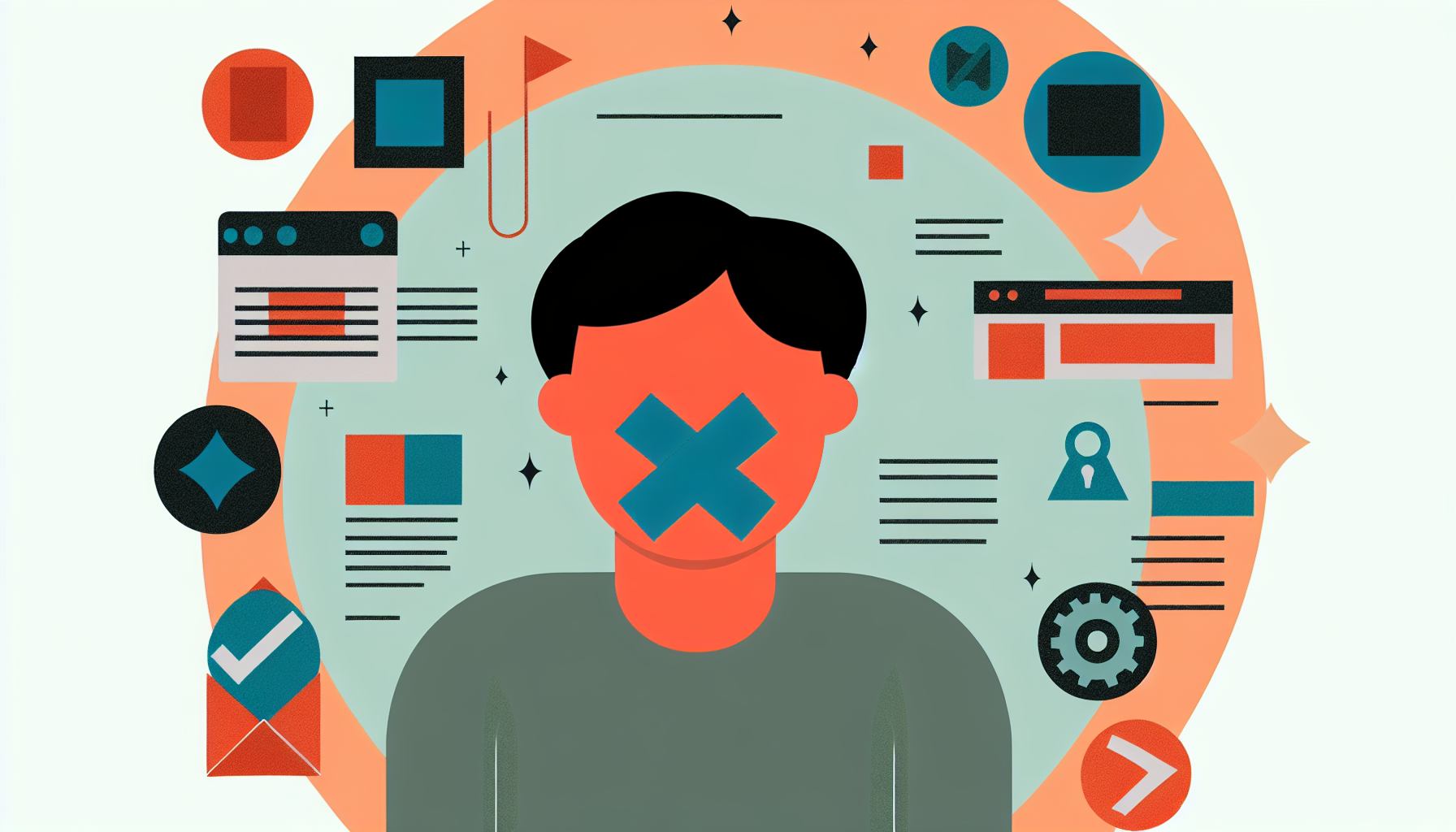[Disclaimer] This article is reconstructed based on information from external sources. Please verify the original source before referring to this content.
News Summary
The following content was published online. A translated summary is presented below. See the source for details.
The social media account of Istanbul’s jailed mayor has been blocked, raising serious questions about digital censorship and political repression in Turkey. Arzu Geybullayeva, writing for Global Voices, examined this controversial case that highlights the intersection of social media, politics, and freedom of expression. The mayor, who was imprisoned on various charges, had been using social media to communicate with supporters and the public. However, his account was subsequently blocked, leading to debates about whether this action was justified or if it represented an attempt to silence political opposition. The incident occurred amid broader concerns about press freedom and political expression in Turkey, where social media has become an important platform for political discourse. This case illustrates the power that social media platforms hold over political communication and raises questions about the responsibility of tech companies in protecting free speech, especially for political figures who may be controversial or imprisoned.
Source: Global Voices
Our Commentary
Background and Context
Social media platforms like Twitter (X), Facebook, and Instagram have become essential tools for political communication worldwide. Politicians use these platforms to share their views, respond to events, and communicate directly with citizens. However, when political leaders are jailed or face legal troubles, questions arise about whether they should retain access to these platforms.
Turkey has experienced significant political tension in recent years, with various political figures facing legal challenges. Istanbul, being Turkey’s largest city and economic center, is particularly important politically, making its mayor’s situation especially significant.
Expert Analysis
This incident raises several important questions about digital rights and political freedom:
Arguments for blocking:
– Social media companies have terms of service that may prohibit certain types of content
– Platforms may argue they need to prevent the spread of misinformation
– Some believe that imprisoned individuals should have limited communication privileges
Arguments against blocking:
– Freedom of expression is a fundamental human right
– Political figures have a right to communicate with their constituents
– Blocking accounts could be seen as censorship and political suppression
– Citizens have a right to hear from their elected officials
Additional Data and Fact Reinforcement
According to freedom of expression organizations:
– Turkey ranks relatively low on press freedom indices, with ongoing concerns about media censorship
– Social media has become increasingly important for political communication in countries with limited press freedom
– Tech companies face difficult decisions about how to handle accounts of controversial political figures
Similar cases have occurred worldwide, including the suspension of various political leaders’ accounts in different countries, leading to ongoing debates about the role of social media platforms in political discourse.
Related News
This case connects to broader global issues:
– Debates about social media moderation and political speech
– Discussions about the power of tech companies to influence political communication
– Ongoing concerns about press freedom and democracy in various countries
– The role of social media in political movements and opposition voices
Summary
The blocking of Istanbul’s jailed mayor’s social media account represents a complex intersection of technology, politics, and human rights. While social media companies must enforce their terms of service, the decision to block political figures’ accounts raises important questions about digital censorship, political freedom, and the power of tech platforms to influence political discourse. This case serves as a reminder that digital rights and traditional political rights are increasingly intertwined in our modern world.
Public Reaction
The blocking of the mayor’s account generated significant debate on social media and in Turkish politics:
– Supporters argued it was political censorship and a violation of democratic principles
– Others defended the platform’s right to enforce its rules regardless of who violates them
– Legal experts debated whether imprisoned officials should retain the same digital rights as free citizens
– International human rights organizations expressed concern about digital censorship trends
Frequently Asked Questions
Q: Do imprisoned politicians have the same social media rights as free citizens?
A: This is a complex legal and ethical question with no clear global standard. Different countries and platforms handle this differently.
Q: Can social media companies block any account they want?
A: Generally yes, as private companies, they have the right to enforce their terms of service. However, when this involves political figures, it becomes more controversial.
Q: How do other countries handle similar situations?
A: Different countries have different approaches, ranging from maintaining access for imprisoned officials to completely cutting off their digital communication rights. The international standard is still developing.


